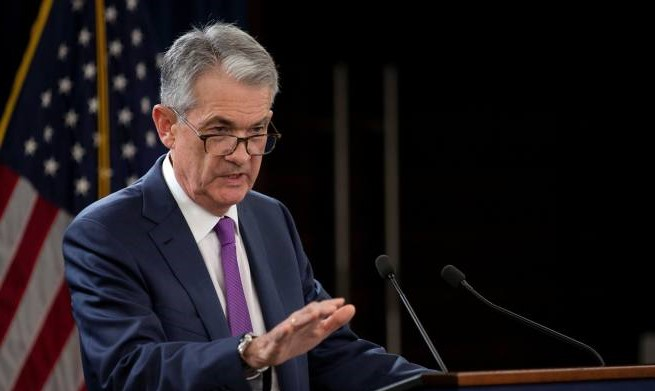By Kathy Lien,
Currencies and equities have been consolidating ahead of Wednesday’s Federal Reserve monetary policy announcement. It is the most important event risk of the week and the most likely catalyst for breakouts. With that said, U.S. retail sales will be released before FOMC and the outcome will affect positioning before the rate decision. Consumer spending plays a very important role in Fed policy and a slowdown in spending amidst an Omicron scare could ease expectations for faster tightening next year. When Fed Chairman Powell said it is time to retire the term “transitory inflation” in the first week of December, he gave investors time to price in an earlier end to Quantitative Easing next year.
Now, investors are looking for answers to 3 questions from the December rate decision:
1. HOW MUCH will the Fed taper per month?
2. HOW MANY rate hikes next year?
3. WHAT are the growth and inflation forecasts?
Currently the Fed is on pace to reduce asset purchases by $15 billion a month. We are looking for the Fed to double that amount to $25-$30 billion and anything less than that could send the U.S. dollar tumbling. The larger the monthly reduction, the more bullish for the dollar and bearish for stocks.
The last dot plot was released in September and at the time only one rate hike was penciled in for next year. Nine out of eighteen members predicted a rate hike in 2022. With inflation near a four decade high, over half of U.S. policymakers will favor a hike next year and a growing number will be looking for 50bp of tightening. The U.S. dollar will trade sharply higher if more than half of the Fed sees two rate hikes next year.
The inflation forecast could be revised higher but with growth peaking before Omicron, their GDP predictions could be shaved lower which would be bearish for the U.S. dollar
We will also be looking to see how the Fed describes inflation going forward with the word transitory disappearing from the FOMC statement. The FOMC rate decision, dot plot and economic projections will be released at 2pm ET followed by Powell’s press conference at 2:30pm ET.
As for trading the FOMC rate decision, there are 3 approaches. The first and probably riskiest way is to position for more aggressive tightening by the Fed next year and take a trade before the announcement – getting out shortly thereafter because oftentimes the initial move is given back quickly as traders who took positions before the rake decision take profits after the initial release.
The second way to trade FOMC is to wait about 30-45 minutes after Fed Chair Powell speaks, let the market is make its final assessment and buy or sell on the break of post reaction high or low. The third way is to simply stand down, wait for all of the dust to settle and trade at the Asia open.



